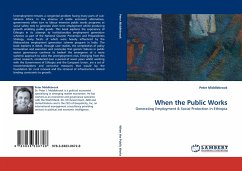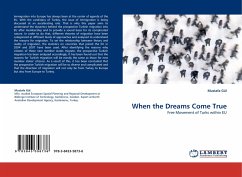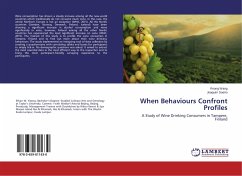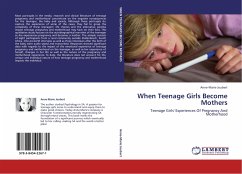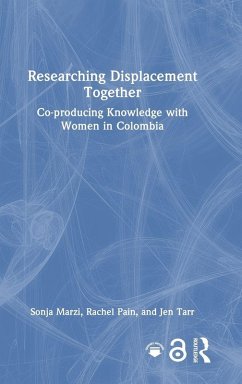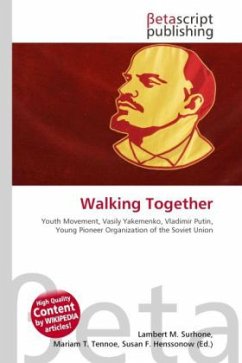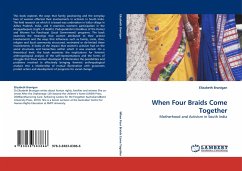
When Four Braids Come Together
Motherhood and Activism in South India
Versandkostenfrei!
Versandfertig in 6-10 Tagen
52,99 €
inkl. MwSt.

PAYBACK Punkte
26 °P sammeln!
This book explores the ways that family positioning and the everyday lives of women affected their involvements in activism in South India. The field research on which it is based was undertaken in Vallur village in Adhra Pradesh, India, and it examines women's participation in the Arogyadeepam (Light of Health), Podupulakshmi (Goddess of the Home) and Women for Panchayat (Local Government) programs. The book examines the meanings that women attributed to their activist involvements and the ways that influences such as family, caste, class, religion and local community structured, motivated or...
This book explores the ways that family positioning and the everyday lives of women affected their involvements in activism in South India. The field research on which it is based was undertaken in Vallur village in Adhra Pradesh, India, and it examines women's participation in the Arogyadeepam (Light of Health), Podupulakshmi (Goddess of the Home) and Women for Panchayat (Local Government) programs. The book examines the meanings that women attributed to their activist involvements and the ways that influences such as family, caste, class, religion and local community structured, motivated or de-limited these involvements. It looks at the impact that women's activism had on the social structures and hierarchies within which it was enacted. On a theoretical level, the book examines the implications for feminist anthropological analysis of the self-representations and the forms of struggle that these women developed. It illuminates the possibilities and problems involved in effectively bringing feminist anthropological analysis into a relationship of mutual illumination with grassroots protest action and development of programs for social change.



